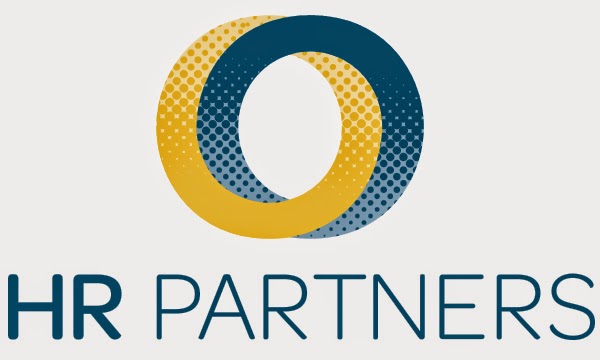
The National Labor Relations Board(NLRB) issued a final rule that will require most private sector employers to post notices in their workplaces advising employees of their right under the National Labor Relations Act (NLRA), regardless of whether the workplace is unionized or union-free. The NLRA is the federal statute that provides employees with the right to self-organization, to form, join, or assist labor organizations, to bargain collectively through representatives of their own choosing, and to engage in other concerted activities for the purpose of collective bargaining or other mutual aid or protection. The rule will take effect on November 14, 2011.
The notice must be posted in conspicuous areas of the workplace, including all places where other workplace notices are normally displayed. The notice can be found and downloaded here.
Employers may also be required to distribute the notice electronically to employees, such as email, posting on an intranet or an internet site and/or other electronic means. Employers should maintain a record of when, where and how they posted the notice, including a digital photograph to serve as evidence of compliance with the notification requirement. Failure to comply may be considered an 'unfair labor practice' under the NLRA and can be reported to the NLRB by employees.
For more questions or information about this rule change, please contact Lowden & Associates, Inc. at 770.248.0401.

